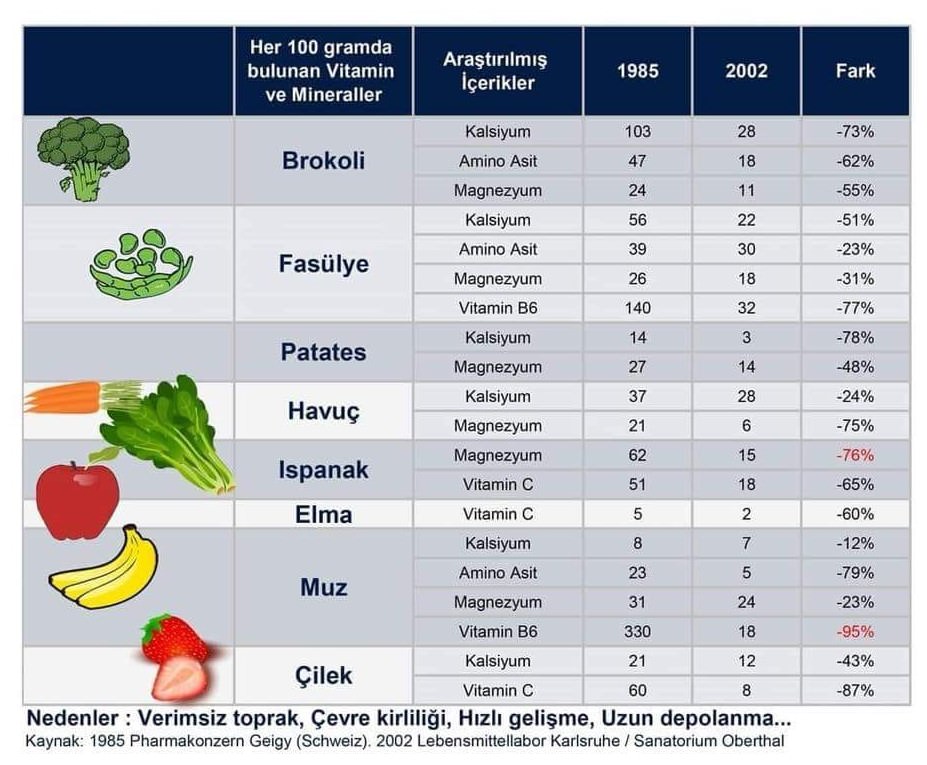Climate change-driven carbon emissions could make vital food products from wheat to rice less nutritious and further endanger the health of hundreds of millions of poor people around the world.
In a study in the journal Nature Climate Change , Climate change reports that some crops grown in open areas with high carbon dioxide levels to have up to 17 percent lower levels of protein, iron and zinc compared to those grown in areas with lower gas levels.
Global emissions of carbon dioxide, largely from fossil fuel use, are at record levels and are the root cause of global average temperature rise, which countries are most trying to reduce to avoid devastating effects. thaimat stockholm

About 200 countries reached an agreement to reduce emissions in Paris two years ago.
The study found that by 2050, around 300 million people may lack enough zinc or protein, and 1.4 billion women and children are linked to iron deficiency, all of which are linked to carbon emissions and fuel the risk of disease and premature death. top recruitment agencies in pakistan
While carbon emissions and extreme weather conditions such as global warming, droughts and floods also disrupt food production, these findings warn that they are having a direct and often invisible impact on people’s diets, according to study author Matthew Smith.
The basic theory behind the link stated that carbon dioxide makes plants grow faster and therefore produces fewer micronutrients.
By mid-century, the areas most at risk of growing less nutritious food are India, Africa, the Middle East and Southeast Asia, which are some of the world’s poorest countries based on grains that are most vulnerable to carbon impacts such as wheat and rice.
Lack of Nutrient Elements
Zinc deficiencies, especially in children, can make them more susceptible to weakened immune systems, increased risk of malaria and respiratory infections, and worst of all, death, Smith said.
Iron deficiency increases the rate of maternal and neonatal mortality and lowers cognitive abilities, while protein deficiency causes stunting, extreme weakness and low birth weight.
“Climate change is not good for health,” Marion Nestle, professor of nutrition, food studies and public health at New York University, told the Thomson Reuters Foundation.
“This is good evidence that something really needs to be done to reduce carbon emissions.”
According to the International Energy Agency, global energy-related carbon emissions rose to a record 32.5 gigatonnes last year after staying flat for three years due to high energy demand and slowing energy efficiency improvements.
Table showing vitamin and mineral losses in vegetables and fruits grown between 1985 and 2002.

Translation and Compilation: Popular Agriculture | science
Source: https://www.weforum.org/agenda/2018/08/rising-carbon-levels-threaten-diets-of-hundreds-of-millions-of-poor – 30.08.2018
Pingback: Get Write my essay for me service online